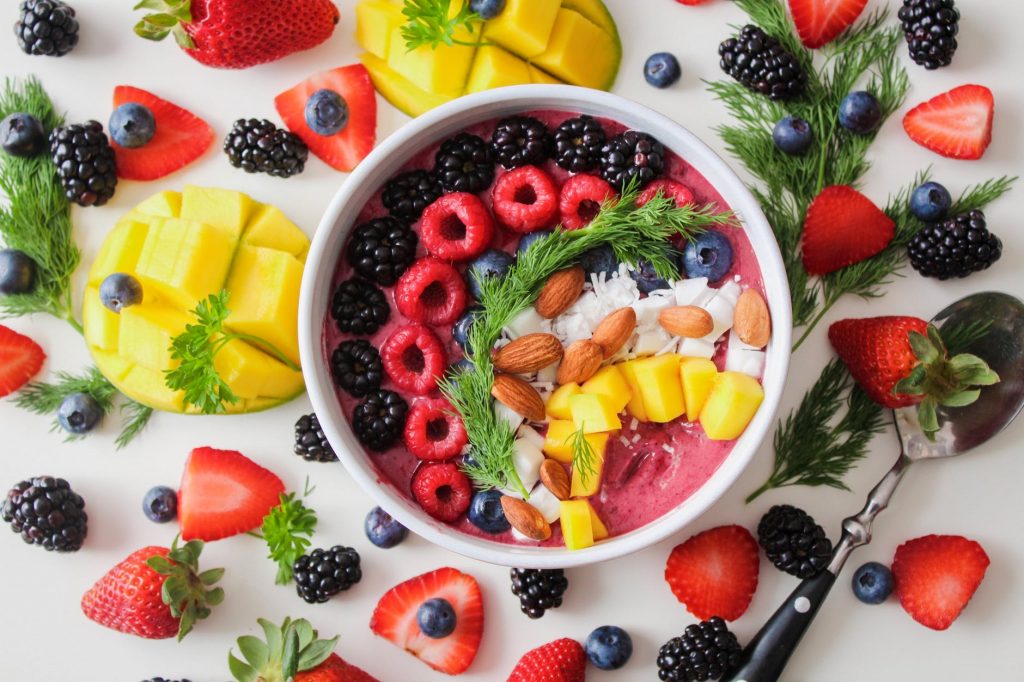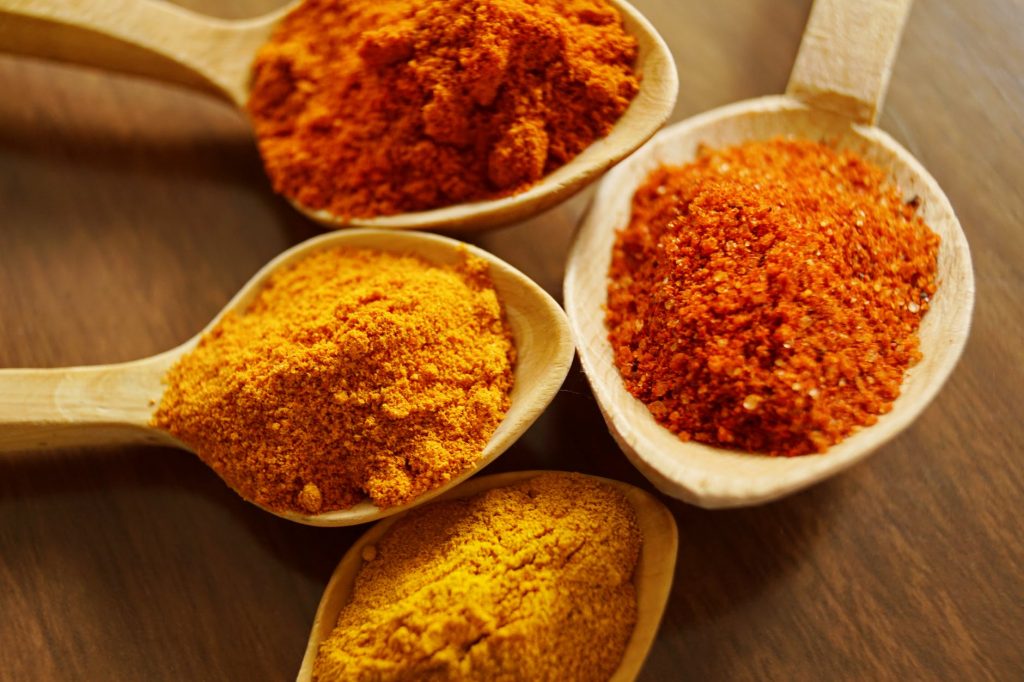
5 Natural Ways to Optimize Your Brain Health
Dr. Sofie Desforges-Bell, ND
The brain is the organ that is responsible for overseeing mostly every function in your body, from your five senses to movement to memory and cognition to your thoughts and mind. There’s a lot at stake if something goes wrong with this organ; however, there are many factors within our control to help
optimize our brain power. Although genetics may predispose some to neurodegenerative diseases,
environmental factors determine which genes get expressed, or in other words, which genes get turned
on and off.
Like Mehmet Oz so graciously put it: “Your genetics load the gun, your lifestyle pulls the trigger.” That’s why prevention truly is the key when it comes to brain health — and naturopathic medicine excels in that department. Here are five natural ways that you can start optimizing your brain health today.

Sleep & The Art of Doing Nothing
Sleep is at the base of the health pyramid. Without it setting a good foundation for health, it is hard to
build upon it. I bet you’ve all felt the effects of a single sleepless night, whether you are a student pulling an all-nighter to study for that last exam or you’re a new parent with a newborn baby who isn’t sleeping through the night quite yet. We’ve all suffered the consequences of missed shut eye — mood swings,
increased inflammation, poor focus and concentration and/or lower energy levels. It’s not easy to convince most people of the benefits of a good nights sleep on a regular basis to improve one’s
cognition and concentration, improve memory and mental clarity and repair cell damage. Sleep is simply the best remedy!
If you suffer from insomnia or are in the process of optimizing your sleep, you might be relieved to know that you can achieve some of these brain health benefits by simply embracing rest as an activity, or like the Italians like to say, La Dolce Far Niente, the art of doing nothing. Rest doesn’t just mean sleep. It means any activity that puts your brain in a state where it can consolidate memories and heal itself. That means activities that are non-stimulating and rejuvenating such as reading, journaling, meditating, sitting in silence, or taking a bath, just to name a few. Next time your brain is feeling out of whack, try one of these out to see how good of a reset button it can be.

Water is Always the Answer
Hydration is of the utmost importance for your brain. Your brain is made up of approximately 73% water. Your brain cells, also known as your neurons, require a very precise balance of water-to-nutrient ratio to function optimally. Not to mention that hydration also increases the blood flow to the brain leading to better concentration, mood, cognition and emotional stability. If you are entering a state of dehydration, your neurons start to work less efficiently. And let’s face it, in today’s world, we all need our brains working as efficiently as possible to get us through our busy lives.
Dehydration can actually impair your short-term memory consolidation as well as your recall of long-
term memory. It is also worth noting that prolonged dehydration can shrink your brain’s grey matter
and lead to premature aging of the brain, which is definitely a factor at play in alcoholism. Research has also found that dehydration is quite common in patients suffering from Alzheimer’s disease or other
types of dementia. We cannot assume causation, but drinking water seems like an easy preventative measure that is worth trying.
So, next time you start experiencing symptoms such as brain fog, exhaustion, headaches, stress and/or
low mood, start by enjoying a nice big glass of water and see how it helps boost your brain power.

Food for Thought
Have you ever heard the saying that your gut is like your second brain? Well that’s because it is! Your gut actually produces the vast majority of your serotonin neurotransmitter, your feel good hormone. It is essential for us to optimize our nutrition and nutrient intake to keep that gut-brain axis thriving.
The main goals when it comes to nutrition is to decrease oxidative stress and decrease inflammation in
the brain. Whether you are vegan, vegetarian, paleo, keto, or just follow a whole foods diet, all of these can be optimized to support your brain power. Your brain requires some key nutrients such as vitamin
D, omega-3s, B vitamins and healthy fats — all of which can be obtained through your food. Keep in mind that your brain is made up of 60% fat so healthy fats are of the utmost importance in the diet. Here are some examples of great brain boosting foods:
- Fatty fish contains a good source of omega-3 fatty acids, healthy fats, which helps to support the fatty cell membranes of neurons while providing an anti-inflammatory effect as well.
- Fermented foods such as kimchi and kombucha are great to support your gut microbiota to help in the breakdown of food and maximize the intake of nutrients.
- Walnuts, which even resemble the brain organ itself, are another great source essential fatty acids.
- Blueberries and beets are both great for their antioxidant power to help combat oxidative
stress.
You can also get additional nutrient support through supplementation if need be. Remember to always
consult with your healthcare practitioner to ask what supplements may be best suited for you.

Work It Out
Moving your body is a great way to enhance the blood flow to your brain as well as releasing many endorphins to help enhance your mood. I stray away from prescribing exercise to patients and prefer
recommending more functional movement. That means less sitting and more movement throughout the entire day.
Unfortunately, a 1-hour intensive training session does not offset the negative effects of an entire day of sitting. Try getting up every hour or so of sitting and stretch your legs or go for a quick walk. Walking
remains one of the best ways to move your body, especially when you do it outside in nature, which has added health benefits. But remember to keep it a brisk pace to reap the benefits.
And although moving your body is great, you must also exercise your brain itself through mental activity to keep your brain sharp. For a long time, it was thought that the brain was a fixed organ with no hope
of changing it or repairing it in any way. That has long since been disproven, and we know very well now that the brain is a very plastic and dynamic organ that can create new pathways at any age. That’s why lifelong learning is of the utmost importance, especially in the post-retirement populations. During one’s career, you tend to use your brain on a daily basis, continuously keeping it engaged and learning new things. You must continue to exercise your brain as you transition to a new stage in life by engaging in
activities and hobbies of your choice that keep your brain engaged. That can also take on the form of social engagements as isolation can be very detrimental for brain health, as well.

Brain Boosting Botanicals
Ideally, you can enhance your brain’s power by employing many of the lifestyle and dietary
modifications listed above. However, some people may benefit from the use of botanicals for an extra boost. I certainly relied on a few of these great herbs to keep my brain optimized while I was a student
plagued with many exams and assignments. There’s a class of substances called nootropics, also known as smart drugs, that are thought to help cognitive function, including executive functioning, memory and even creativity and motivation, in healthy individuals. Two examples of botanical nootropics are:
- Gingko is a botanical that increases blood flow in the body, and particularly the brain. It is often used to improve overall cognitive abilities.
- Bacopa is a botanical frequently used in Ayurvedic medicine, which originated in India about 3,000 years ago. It is often used to improve cognition and memory.
In addition to nootropics, there are an array of other botanicals that offer support to the brain,
including:
- Turmeric’s active component is curcumin. This botanical works as an effective anti inflammatory agent and has also been shown to decrease plaque formation (often the case in dementiadisorders).
- Ginseng is a stimulating botanical and has also been shown to be effective in the breakdown of plaques, particularly the beta-amyloid plaques in Alzheimer’s disease.
Lion’s mane is a mushroom that is thought to stimulate the synthesis of nerve growth factor for the brain, supporting lifelong learning through the creation of new pathways and the overall
plasticity of the organ. Keep in mind that you should always consult with your healthcare practitioner before consuming a botanical supplement. Although botanicals are natural and often plagued with less adverse effects than many of their pharmaceutical counterparts, they still have very real therapeutic effects that may interact with a particular medication, condition or other natural substances.
~ Dr. Sofie Desforges-Bell, ND
Awesome post! Keep up the great work! 🙂
Great things to think about and implement! Thanks so much 😊